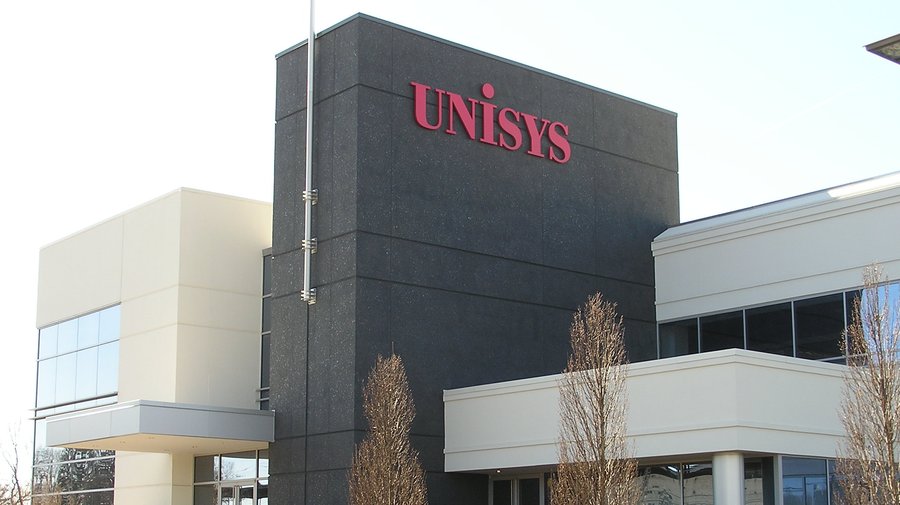The U.S. Army is making a major move toward cloud computing — and Blue Bell-based Unisys has the opportunity to get a piece of the nearly quarter of a billion dollar transition.
The global tech firm is one of 50 companies participating in a $247 million Army Cloud Computing Enterprise Transformation Basic Ordering Agreement, or ACCENT BOA, a blanket purchasing agreement that allows individual enterprise applications used by the U.S. Army to move its data it the cloud.
“This is huge for the Army,” said Jennifer Napper, vice president of department of defense and intelligence agencies at Unisys Federal and retired U.S. Army Major General.
While the three-year agreement applies to 49 other companies as well, Unisys is “well-positioned to participate” in it, the company said in a statement, based off of its prior work migrating more than 20 civilian departments in the federal government to the cloud like the Department of the Interior, which was the first federal organization to do so.
“We’re very confident we know how to do this with all of the prerequisite security requirements for the government,” Napper said.
While other branches of the U.S. military have moved their public-facing web presences to the cloud and the Air Force has been working to integrate Office 365 into its work, the Army will be the first branch of the military to take on this type of cloud migration, she said.
The move is part of the federal government’s cloud-first policy, said Johanna Curry, project officer for the U.S. Army’s Application Migration Business Office and began back in 2015 as the Department of Defense was figuring out ways to use the cloud in a way that complies with security requirements and allowed the military service leaders to have some management control of the workload.
Companies that met its standards were notified in February of this year, and migration will occur on an application-by-application basis. Individual requests for services will come from the command-level and will depend on the judgment and approach each system application owner and command wants to use for getting its enterprise applications, where databases extend outside the installation that hosts it, to the cloud.
“The Army has taken the approach of decentralization migrations,” Curry said. Napper estimated that depending on the size of the applications, moving it to the cloud could take anywhere between 30 days to a year. The BOA is active, so commands can begin that process immediately.
Understanding cyber security concerns is paramount during that process and will influence which applications are migrated, Curry said.
“Protecting sensitive data is our foremost concern,” she said.
Some applications will always remain local out of necessity and purpose, but Curry said the Army sees vast benefits in making the migration when it comes to cutting down the high cost of maintaining data centers, speeding up operations and increasing efficiencies.
“We want to get out of the business of managing IT and back to the business of supporting warfighters’ capabilities,” Curry said. “We don’t want to focus so much on procurement management, refreshing and continual updating of the IT that provides those capabilities. We want to focus on delivering the capabilities.”
The fact that an enormous, risk-averse entity like the U.S. Army is actively working toward embracing the cloud is further indication the technology is reaching greater mainstream adoption levels and making the kind of impact experts have predicted it would for years, Napper said.
“When [the Army] is willing to say ‘OK, it’s no longer leading-edge, now we know what the risks are' and they figure out how to put security controls in place," Napper said, "it will lead to more organizations embracing the cloud across industries and the government."
As those organizations see the benefits of migrating, she said, so will companies like Unisys.
